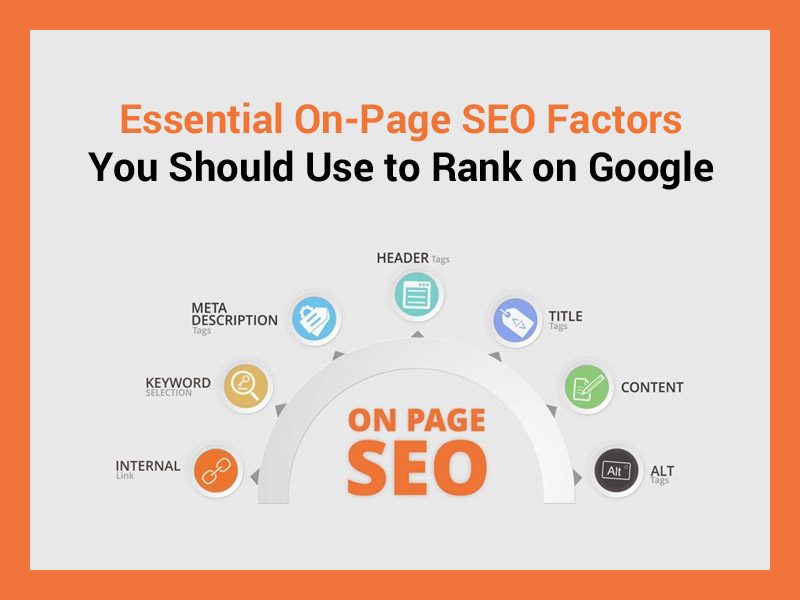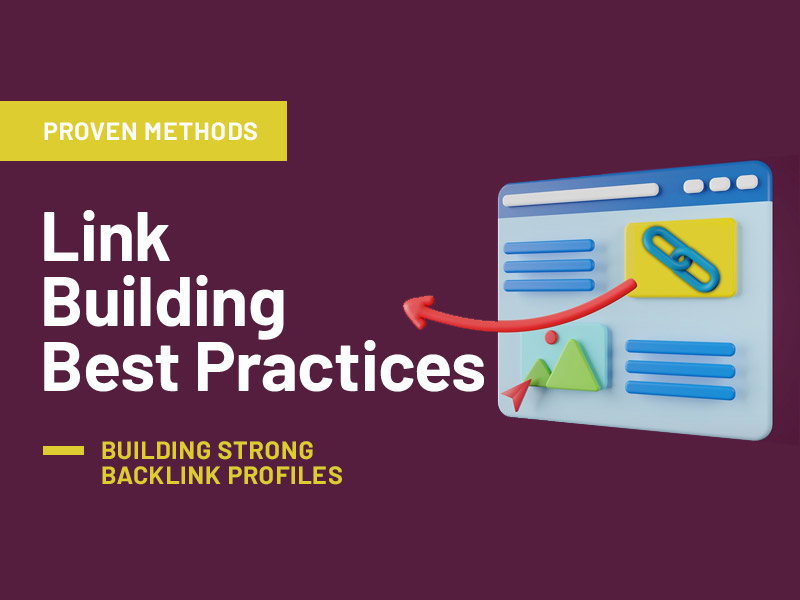A backlink is a link from one website to another and can have an impact on the organic search engine results of both. Backlinks are often seen as a “vote” for that website, indicating its relevance in relation to certain topics and keywords. They are an essential component of any search engine optimization (SEO) strategy and can make the difference between a website appearing in the top search engine results or being buried deep within them.
The impact of backlinks on your website’s SEO depends largely upon two factors: the quality of those links and how many you have. Quality refers to things like relevance, authority, trustworthiness, and relevance of content as well as other metrics that evaluate link value. The quantity is also vital – having more high-quality links than competitors will help your rankings significantly; conversely, fewer can mean reduced visibility.
In this article, we’ll take a closer look at what types of backlinks should be sought out for optimal SEO gains, discuss why they are so important for organic search engine rankings, and provide tips for acquiring more high-quality links for maximum benefit. Whether you use external SEO services or handle your own optimization efforts, understanding the power of backlinks is crucial to achieving SEO success.
What Are Backlinks and Why Are They Important for SEO?
A backlink is an inbound link from one web page to another and can have a direct impact on the organic search engine rankings of those sites. Contextual link building is crucial in securing high-quality backlinks because the better the quality of the links, the more authority and trust Google assigns to them. This increased authority and trust result in higher rankings for both websites involved, making it an essential SEO strategy to focus on.
The relevance of content between two linking pages also plays a significant role in determining how much value Google places on their relationship; if there is relevance, then this adds further weight to the link value. As such, it is important that you strive to create connections with other authoritative sites related to yours by finding opportunities where real conversations or collaborations could occur organically – guest blogging and interviews being popular paths here.
In addition, quantity matters too – having more high-quality links than competitors will help your ranking significantly compared with just a handful; conversely, fewer can mean reduced visibility, so be sure not only to work hard at acquiring new ones but also to improve upon existing ones whenever possible!
Why Should YOU Link to Other Sites?
It goes without saying that increasing the number of quality backlinks to your website will help it rank higher in search engine results, but why should you also link out to other sites?
Firstly, linking to trustworthy sources can add credibility and authority to your own site. People are more likely to trust a source if they see that it has links leading outside of itself – particularly those with content related or relevant to yours. Moreover, E-A-T, or Expertise, Authoritativeness and Trustworthiness, is a major factor in how Google evaluates websites; as such, having a link portfolio with quality links leading to other highly trusted domains can only serve your site well.
Secondly, linking out to other websites can also help you build meaningful relationships with other businesses and influencers. This can lead to collaborations in the future or even just a general increase in visibility as more people become aware of your website.
Lastly, by using internal links (links from one page on your site to another), you are helping search engine crawlers find new content within your website and understand its context better; this will result in increased rankings for those pages as well.
Types of Backlinks
There are two main types of backlinks – dofollow and nofollow. Dofollow links allow search engine bots to follow them, while nofollow links do not. Generally speaking, it’s best to strive for as many dofollow links as possible since they will provide more boosts in rankings and visibility than will their counterparts.
Here is a look at some of the different types:
Editorial Links
These are natural editorial mentions or endorsements by authoritative sites, such as newspapers, magazines, blogs, or other sources that link back to your website naturally. They offer trustworthiness and create credibility with users who may be visiting your site from these sources.
Blog Comments
Blog comments can generate traffic when done correctly but should generally have a “nofollow” attribute attached so that search engines will not count them towards SEO value for your site (although blog comment sections sometimes contain do-follow attributes).
Forums Posts
Forum posts can also generate some traffic if used appropriately but should usually use “nofollow” tags like blog comments because they rarely contain any significant amount of content related to the topic being discussed on the forum page itself.
Guest Posting/Blogging
Authoritative guest posting or blogging opportunities can be another way to get valuable backlinks pointing toward your website while increasing its domain authority along with providing new visitors with fresh content relevant to their interests.
Social Media Profiles & Pages
Social media profiles & pages offer potential avenues through which you could funnel visitors interested in learning more about what you have to offer directly on your own website; however, social media profile & page links usually carry a “nofollow” tag rather than being followed by search engines such as Google due their dynamic nature (i.e., frequent updates).
Tips for Acquiring Quality Backlinks
Creating a well-rounded SEO strategy requires acquiring and maintaining high-quality backlinks. Here are some tips for doing just that:
- Reach out to partners, colleagues, or influencers in your industry – Building relationships with other professionals who share similar interests can help you find opportunities for link-building, such as guest posts on their sites.
- Create link-worthy content – Quality over quantity; make sure your content catches the attention of readers, influencers, and other websites.
- Make use of social media platforms – Promoting your site on social media can help you reach a wide audience and encourage others to link back to it.
- Network with other bloggers or websites in similar industries – Finding potential link opportunities in related fields can help you build relationships, as well as acquire backlinks.
- Participate in forums or comment sections – Participating in conversations or commenting on posts is a great way to network and engage with potential linkers.
- Monitor your competitor’s backlink profiles – Analyzing the links of competing websites can reveal insightful information about their strategies and where they are succeeding (or failing) to gain quality links.
Acquiring high-quality links is an important but difficult task, so be sure to stay on top of updates and changes in the industry, monitor your competitors’ strategies, and focus on creating quality content that will attract more visitors and linkers to your site.
Conclusion
Backlinks are a powerful SEO tool proven to boost organic search engine rankings when used correctly. Quality and quantity both play a key role in their success, so it is essential that you focus on acquiring the highest-quality links from relevant and authoritative websites; this will help ensure maximum benefit for your website’s Search Engine Optimization efforts.
Finally, don’t forget to link out to other sites as well – not only can this help build relationships with others, but it will also increase your credibility and visibility within search engine results pages. All of these factors work together to make sure your website stands out amongst its competitors – bringing more visitors through its doors!







